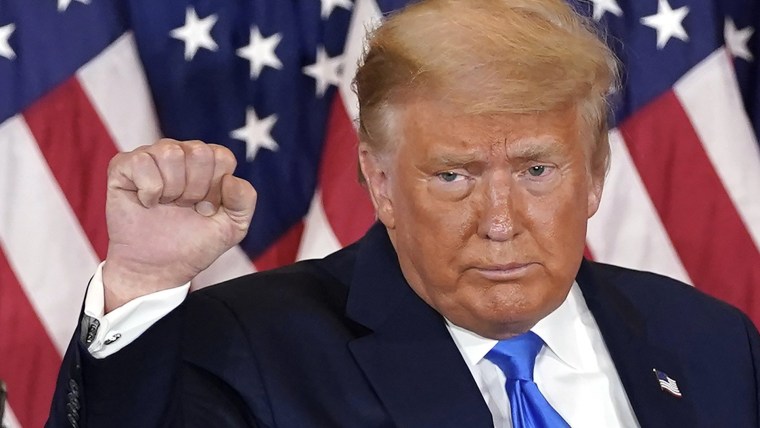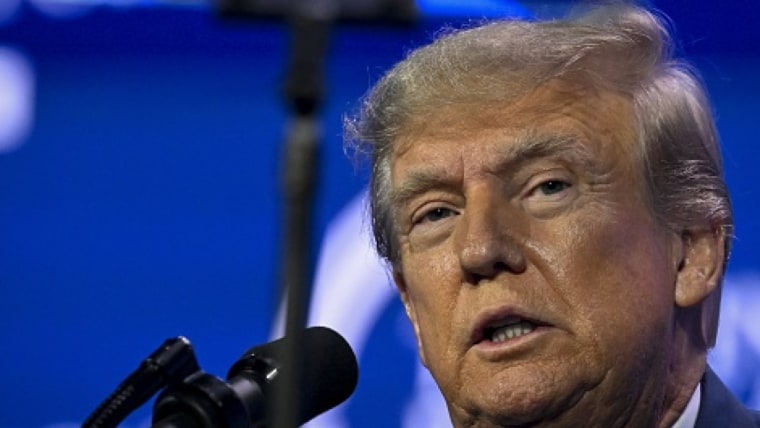Special counsel Jack Smith just strengthened an already strong case against former President Donald Trump when he filed a superseding indictment (meaning an indictment which replaces the original indictment) against Trump in the Mar-a-Lago case Thursday. The case, as a reminder, accuses Trump of improperly retaining government documents after he left office, including highly sensitive documents containing national defense information.
If prosecutors can prove the allegations in the superseding indictment, they mostly gut Trump’s best (albeit still bad) defenses.
If prosecutors can prove the allegations in the superseding indictment, they mostly gut Trump’s best (albeit still bad) defenses — that he could, or thought he could, lawfully possess the documents. People who lawfully possess documents, even those who claim to be subjects of political witch hunts, don’t typically ask others to hide those documents prior to federal investigators going through them, and then ask that video evidence of those documents being moved be deleted.
There’s an old saying that “It’s not the crime, it’s the cover-up.” This superseding indictment is all about the alleged cover-up. In fact, it’s about a cover-up of a cover-up. In the original indictment, Smith accused Trump, and his aide Walt Nauta, of obstructing the government’s many attempts to obtain government documents and then thwarting the government’s investigation into Trump’s alleged unlawful retention of those documents. Reading the original indictment leaves one with the feeling that Trump’s biggest, alleged, mistake was not the taking of the documents in the first place, but his repeated failure to hand them over and his attempt to hide them. Reading the superseding indictment gives one the impression that Trump’s next biggest, alleged, mistake was in trying to hide his attempts to hide the documents.

The new indictment does three things. First, Trump faces two new obstruction of justice charges based on his alleged attempt to delete the surveillance camera footage, and a new alleged violation of the Espionage Act based on his alleged possession and sharing of a war plan.
Second, the new indictment adds another defendant. Now, in addition to Nauta, another Trump employee, property manager Carlos De Oliveira, is facing federal criminal charges. De Oliveira allegedly told a fellow employee that “the boss” wanted the surveillance footage to be deleted.
Third, the superseding indictment bolsters a key part of Smith’s theory of the case: that Trump obstructed a federal investigation and then tried to cover up that obstruction. The original indictment includes an alleged conversation between Trump and his lawyer in which Trump said he didn’t want anyone (including investigators) looking at his boxes, and he openly mused about either telling federal investigators that he didn’t have any documents or taking certain documents out of boxes before federal investigators could look through them. It is therefore entirely consistent with Smith’s theory that Trump tried to thwart an ongoing investigation by hiding or removing incriminating evidence of people attempting to hide those documents. Let’s remember what this video surveillance footage allegedly shows: Trump employees moving boxes before the FBI searched Mar-a-Lago.
While Trump’s out-of-court defenses in this investigation have been ever-changing, he has focused on the idea that he did nothing wrong and was entitled to have the government documents at Mar-a-Lago. This explanation never added up. But the superseding indictment drives at that defense, and if the allegations are proven, undermines it.
Even if, and this is a huge and farfetched “if,” Trump was entitled to retain some of these documents in the first place, he certainly wasn’t entitled to hide them from federal investigators and then delete video footage of his employees moving boxes of those documents during an ongoing federal investigation. If Smith can prove the allegations in the superseding indictment are true, that means Trump knew exactly what he was doing when he ordered the government documents that investigators sought moved, and knew that that was wrong.

